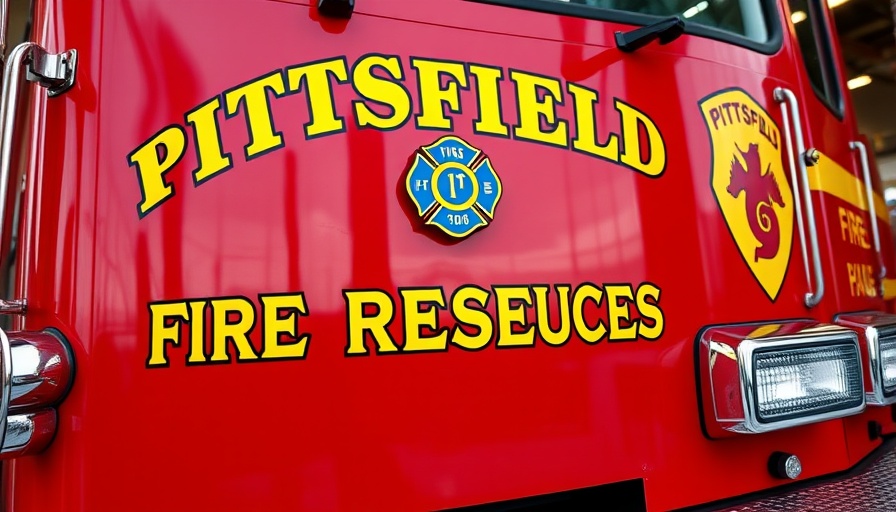
Senate cuts threaten vital public media funding
Public media outlets in Massachusetts are sounding the alarm as the Senate moves forward with $1.1 billion in funding cuts. New England Public Media (NEPM), a PBS and NPR affiliate, has been broadcasting urgent messages urging community members to take action. Their message is clear: funding cuts will have dire consequences for producers, journalists, and all content creators who passionately deliver quality news and programming.
Public support makes a difference
As NEPM encourages its audience to contact their senators, it highlights the power of public advocacy. The community's ability to express their views can sway decisions that impact media. This isn’t just a fight for funding; it’s a fight for the narratives that shape our society. When people come together to voice their support for public media, they are not merely fighting for dollars—they're defending transparency, accountability, and diversity in storytelling.
Long-term implications of funding cuts
What does a reduction of $1.1 billion really mean? Fewer investigative reports. Less local news coverage. Missing perspectives from marginalized communities. As public media squares off against budget cuts, the implications extend far beyond just dollars lost. They touch the very fabric of community connection and informed citizenry.
The role of public media during crises
Recent events have proven that public media institutions serve a greater purpose than entertainment. They play an essential role during emergencies by delivering real-time information. In a world craving accurate and timely news, cutting funding feels like a misstep. When families depend on trustworthy updates, they shouldn’t have to worry whether those sources will still exist next week.
Join the movement
The call to action is clear. Public media advocates are not only asking for funding but for a commitment to a more informed future. Reach out to your local representatives. Express why public media is essential in your community. It’s time to take a stand where the decisions are being made.
 Add Row
Add Row  Add
Add 




Write A Comment